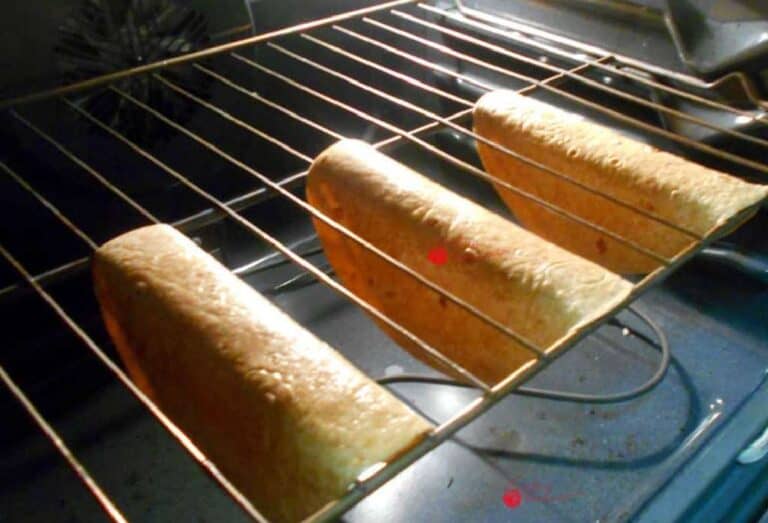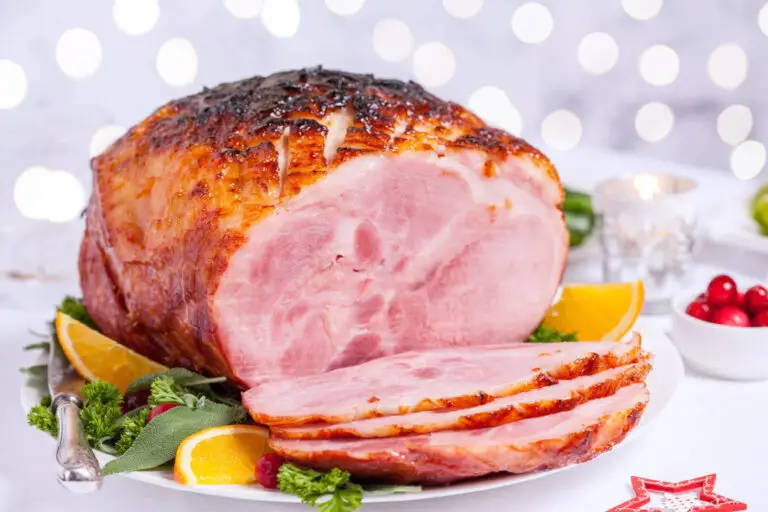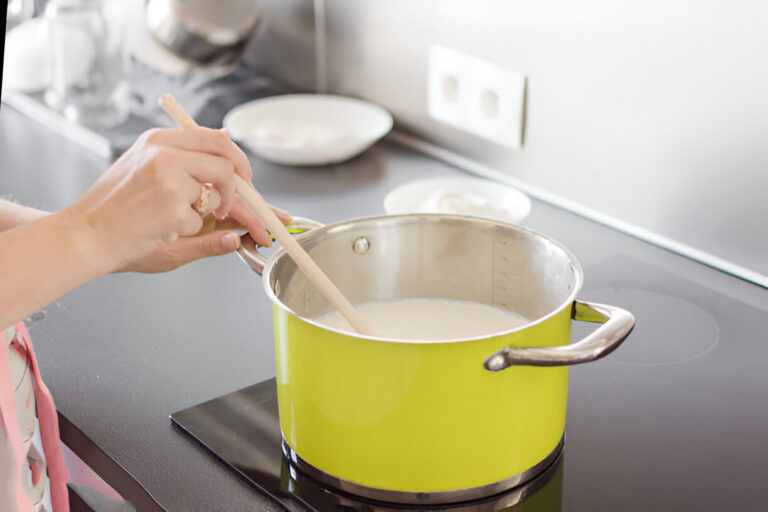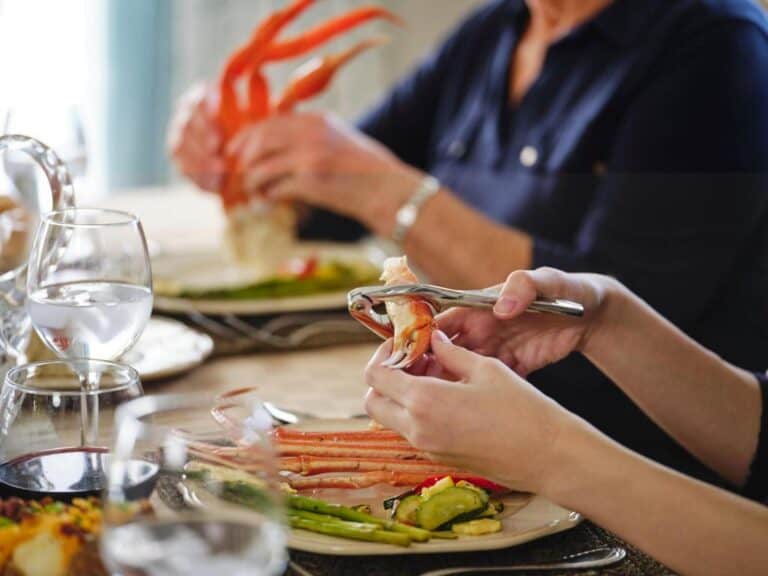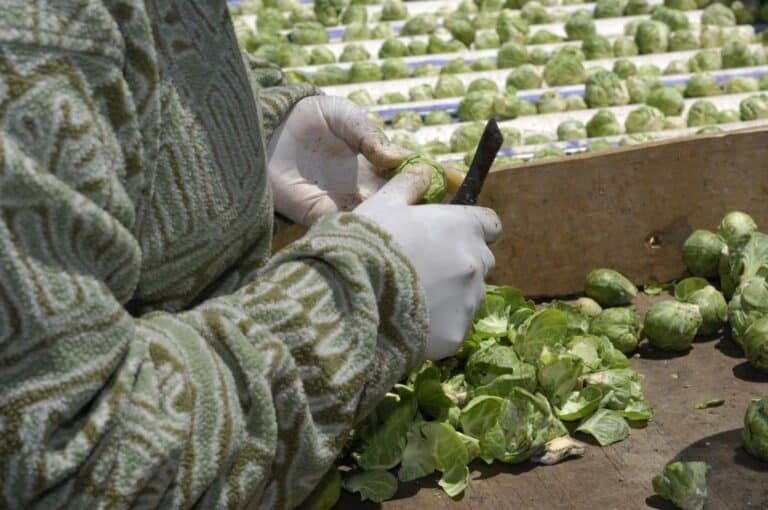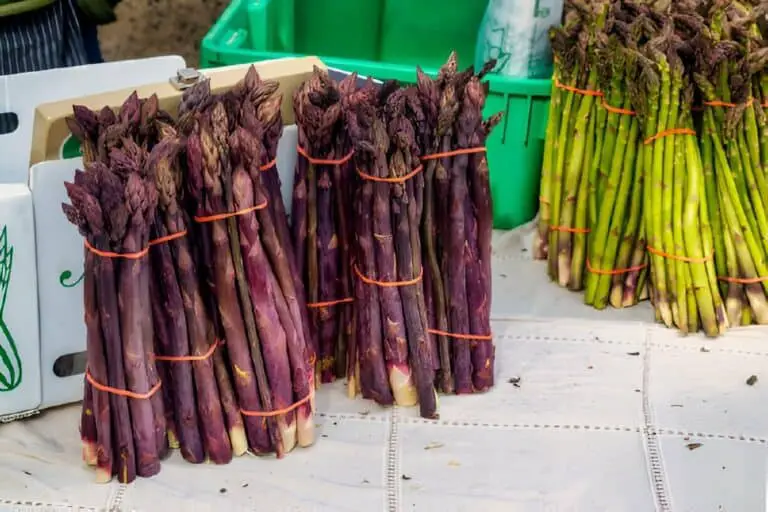Too Sweet? Here’s How to Fix Your Pickles and Balance the Flavor (5 Fixes)
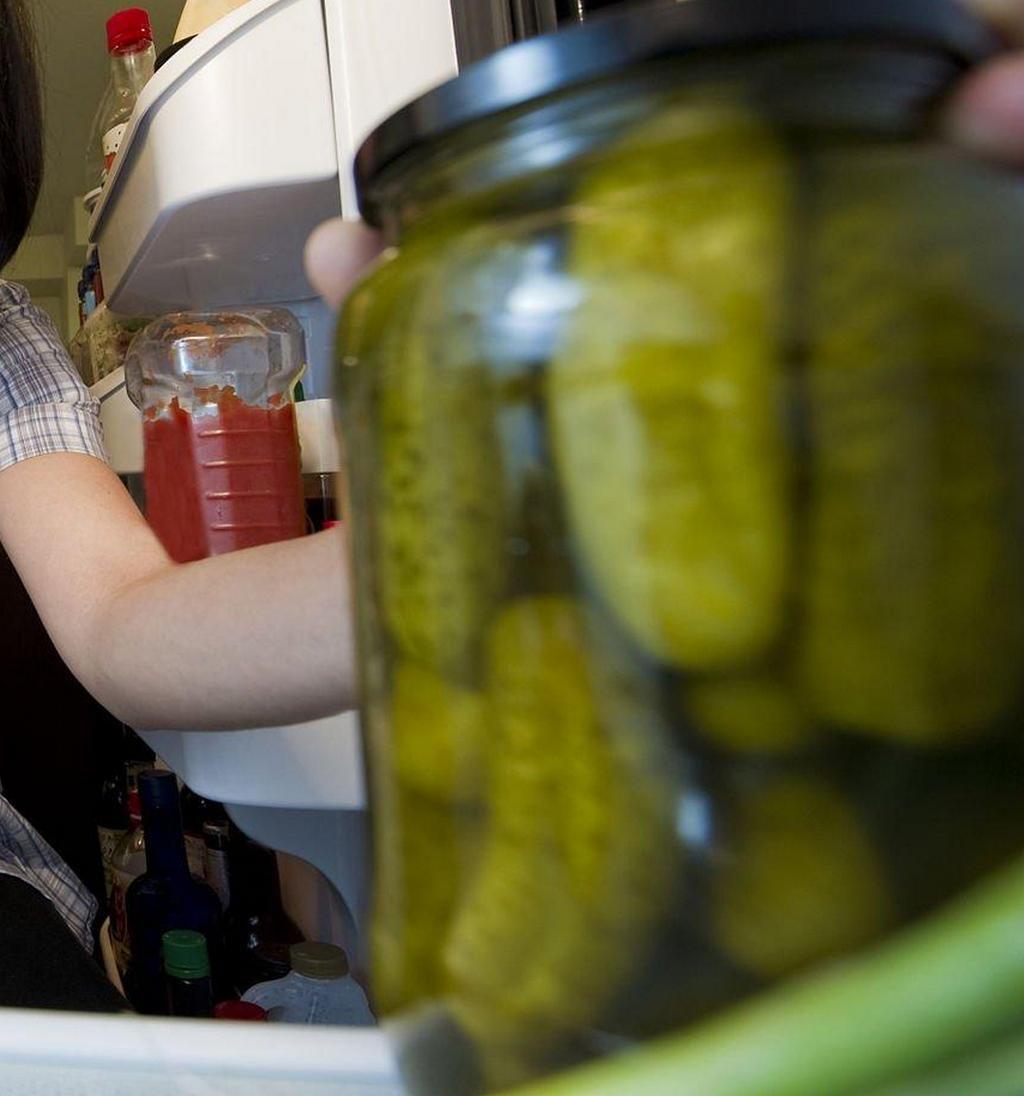
There’s something deeply satisfying about making homemade pickles. It’s one of those kitchen rituals that feels like magic. You take fresh cucumbers, or whatever veggie you’ve got in abundance, and suddenly, you have crunchy, tangy bites to enjoy all year round. Plus, they make killer hostess gifts that never fail to impress.
But, let’s be real for a moment. Even the most seasoned pickle enthusiast has probably overdone it on the sugar. In fact, making pickles too sweet is such a common rookie mistake—usually an attempt to mellow out that vinegar tang—that many of us have been there. Too sweet, too cloying, and suddenly, the pickles you were so excited about are more like a dessert than a savory snack.
Don’t toss those jars just yet! It’s happened to me, but there are simple ways to save your pickles and restore their flavor. Let’s dive into five straightforward fixes that will balance the sweetness and get your pickles tasting just right.
1. Give Them a Quick Soak in Cold Water
This is probably the easiest fix if you need to serve those pickles ASAP. The water soak works best when you’re only dealing with a small batch, like if you need just enough pickles for a sandwich or a quick snack platter.
Here’s what you do:
- Take the pickles you need out of the jar.
- Pop them into a bowl and cover them with cold, fresh water (chilled water works best here).
- Let them soak for about 10 minutes.
Now, don’t go overboard with the soaking time. If you leave them too long (like over 30 minutes), the water will leach out more than just sweetness—it’ll start messing with the crispness and overall flavor. And who wants a soggy pickle? Definitely not me.
2. Add Some Extra Vinegar for a Tangy Kick
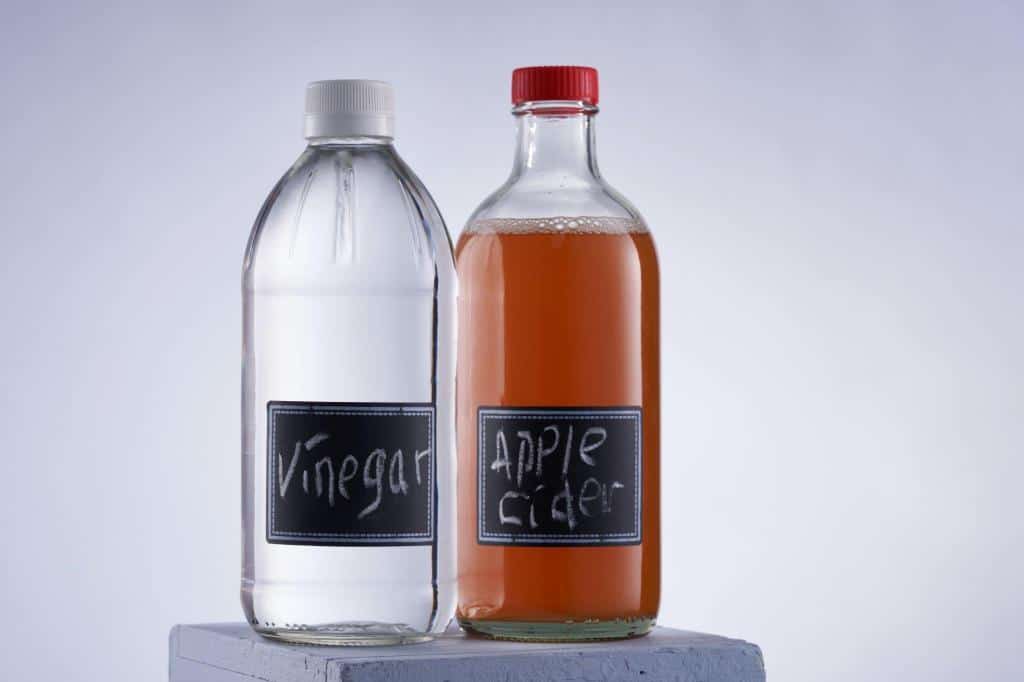
Alright, so maybe the sweetness isn’t all bad—you just need a little tang to cut through it. In that case, vinegar is your best friend. This method doesn’t exactly remove the sugar, but it balances things out by giving your pickles that zippy, mouth-puckering edge.
Here’s how to fix your too-sweet pickle jar with vinegar:
- Pour out about a third of the pickling liquid from your jar.
- Heat some vinegar (any vinegar you like—white, apple cider, or even red wine vinegar for a unique twist).
- Add a few spices, if you’re feeling fancy—think mustard seeds, peppercorns, or dill.
- Pour the hot vinegar into your jar, reseal, and give it a gentle shake.
Now, here’s the kicker: because you’ve opened the jar, it’s a good idea to store your pickles in the fridge after this. Leave them to sit for a few days so the flavors can get cozy with each other. When you come back, the sweetness should be mellowed out beautifully.
3. Add a Squeeze of Lemon Juice for Fresh Tartness
Lemon juice is like the bright, citrusy cousin of vinegar. It has a similar effect but brings a fresh, vibrant tang to the party that can help balance out the sweetness without overpowering the flavor.
Whether you’re using bottled lemon juice or squeezing fresh lemons (pro tip: strain out the pulp), this method is all about balance. Start small—just a little squeeze—and taste as you go. You can always add more, but not remove it!
Just like the vinegar trick, after you’ve added lemon juice, it’s best to refrigerate the jar and let it sit for a couple of days so the new flavors can blend with the original brine. Trust me, the result is a zesty pickle that won’t make your taste buds scream “sugar overload!”
4. Blend in Some Spices to Mask the Sweetness
Sometimes, all you need is a little distraction. Adding more spices to your pickle jar can help mask the sweetness and add complexity to the overall flavor. Think of it like playing with a seasoning symphony—coriander seeds, chili flakes, garlic cloves, or fresh dill.
Here’s a quick tip: heat your spices before adding them to the jar. This trick releases the essential oils and really amps up their flavor. Whether you’re throwing them into the brine or just adding them straight into the jar, a little spice can go a long way toward balancing that too-sweet pickle flavor.
5. Use Pickling Salt, Not Table Salt
If you’re making pickles from scratch, and you want to prevent sweetness issues from the start, always reach for the right kind of salt. Regular table salt is a no-go because it contains iodine and anti-caking agents, which can cloud your brine and mess with the flavor.
Pickling salt or canning salt dissolves cleanly and helps maintain the bright, clear liquid you want in a good jar of pickles.
If you can’t find either, don’t worry—you can use sea salt or kosher salt in a pinch. Just make sure it’s pure salt without additives. The right salt is key to balancing the sweetness and ensuring your pickles turn out perfectly every time.
| Read: Pickled Onions and Cocktail Onions: Are They the Same? |
Pickle Tips to Keep in Mind
Let’s talk cucumbers, the classic pickle. Not all cucumbers are created equal when it comes to pickling. The best ones are small and firm—those big, watery cucumbers won’t give you the crunch you crave. Keep that in mind next time you’re at the store.
Also, don’t boil your cucumbers if you want that satisfying crunch. If you’re working with veggies like okra or carrots, a quick simmer can help soften them just enough to absorb the brine without getting mushy. But cucumbers? Keep them raw for maximum snap.
Here’s a quick comparison of what to boil and what to keep raw:
| Vegetable | Boil or No Boil? |
| Cucumbers | No Boil |
| Zucchini | No Boil |
| Okra | Boil |
| Carrots | Boil |
In Conclusion: Don’t Let the Sweetness Get You Down!
So, you overshot the sugar in your pickle brine—no big deal. With these simple fixes, you’ll have your pickles back in balance in no time. Whether you opt for a water soak, a splash of vinegar, or a squeeze of lemon, there’s no need to let sweetness ruin the fun of homemade pickles. And next time? Just dial back the sugar a bit before sealing those jars.
Happy pickling!

